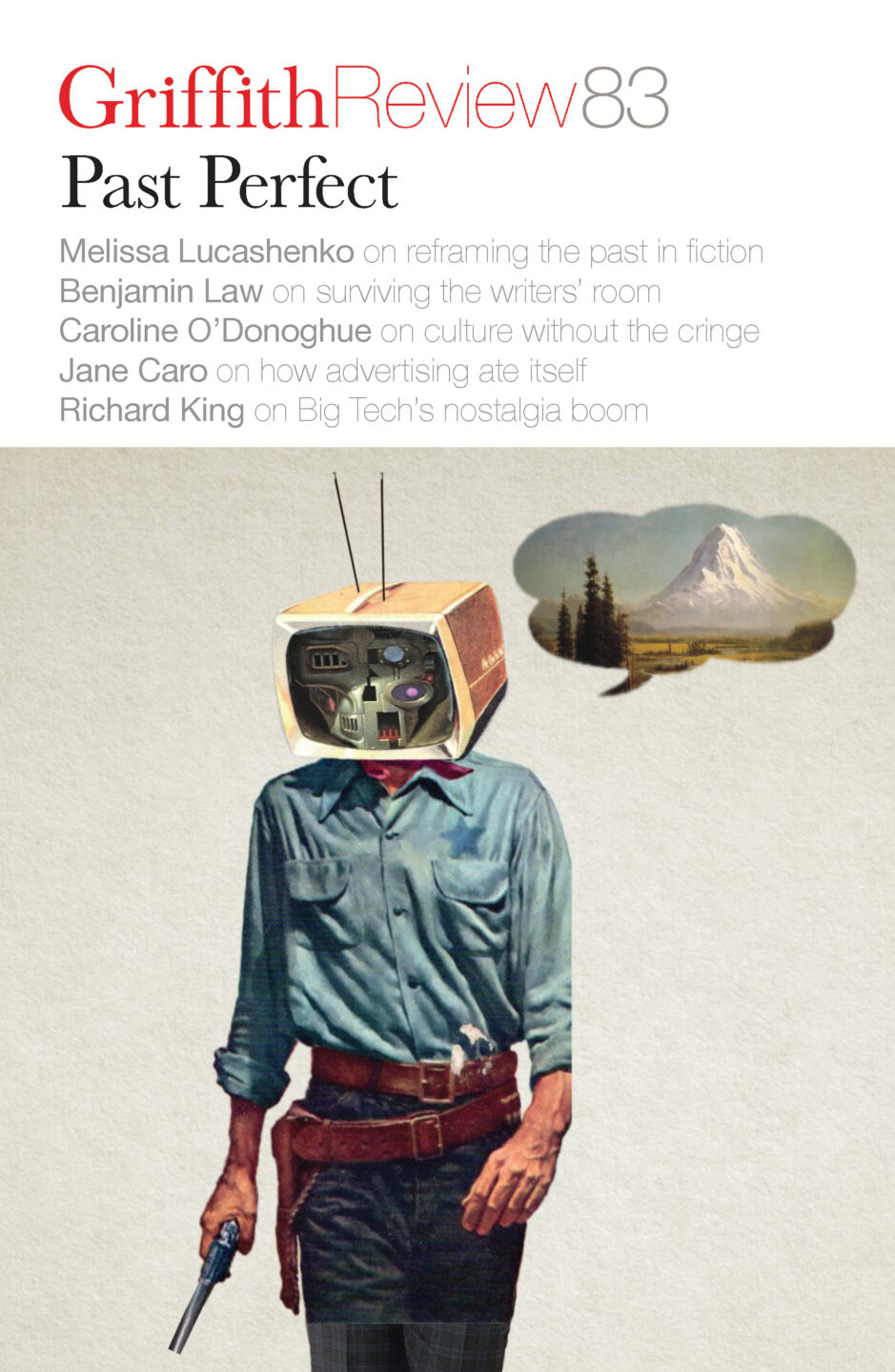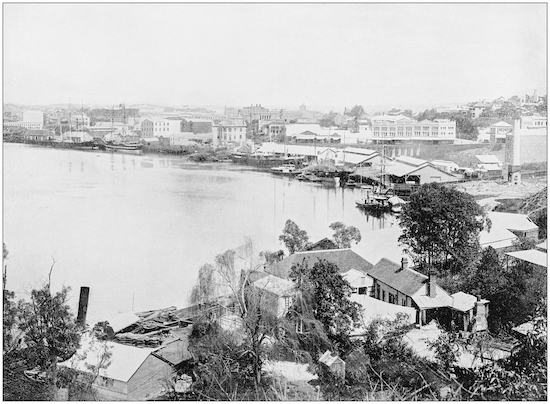Featured in

- Published 20240206
- ISBN: 978-1-922212-92-4
- Extent: 204pp
- Paperback, ePub, PDF, Kindle compatible

Already a subscriber? Sign in here
If you are an educator or student wishing to access content for study purposes please contact us at griffithreview@griffith.edu.au
Share article
About the author

Audrey Molloy
Audrey Molloy’s debut poetry collection, The Important Things (Gallery Books, 2021), received the Anne Elder Award and was shortlisted for the Seamus Heaney First...
More from this edition

Always was, always will be
In ConversationIf Aboriginal people are all dead, you don’t have to negotiate a treaty with us and you certainly don’t have to go around feeling guilty about stolen land and stolen wages and stolen children; the subjects of that injustice don’t exist anymore if you choose to believe that we’re dead or all assimilated, which isn’t the case. It’s a very practical kind of assimilation strategy.

The kiss
FictionThe name, when it came, sounded as if it had been uttered by somebody else. The man’s look shifted from one of mild affection to puzzlement. ‘Excuse me?’ He was still smiling, but it was a different kind of grin – the type of smile people offer a stranger who begs them for spare change.

Walking through the mou(r)n(ing of a)tain(ted life)
Non-fictionMy big black cloak could probably keep me from freezing overnight. I remember a movie where a character smeared a layer of dirt over their body to stay warm. That would be my ‘break in case of emergency’ action…if my OCD will bury the anxiety of contamination for survival’s sake.